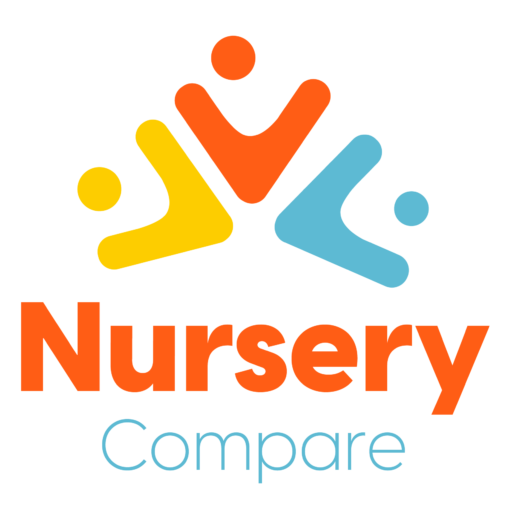
Baby Development Milestones: A Month-by-Month Guide for New Parents
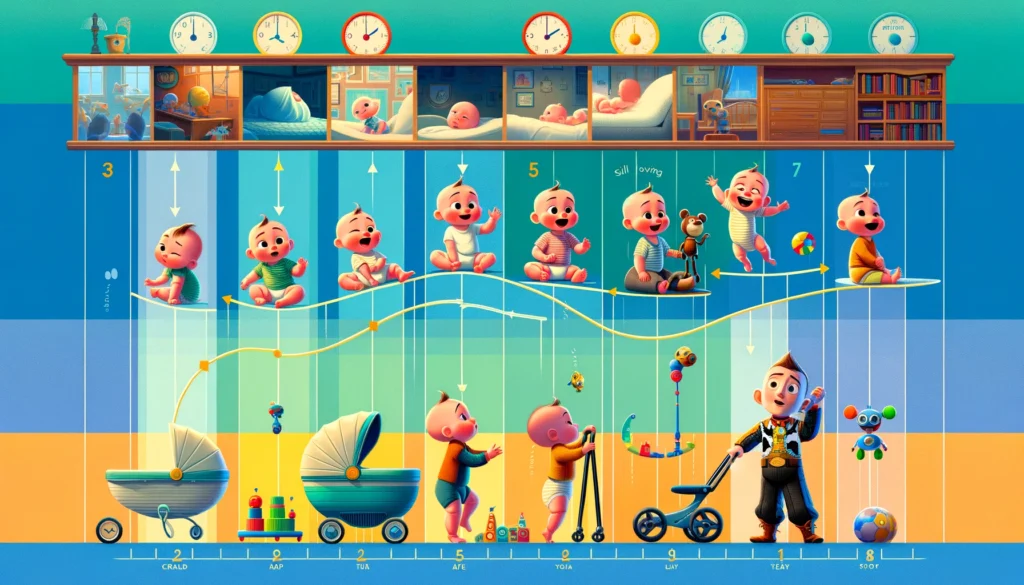
Introduction
Watching your baby grow and reach new milestones each month is one of the most exciting aspects of parenthood. From their first smile to the moment they take their first steps, each milestone is a testament to your baby’s rapid growth and development. Understanding the typical baby development milestones from 1 to 12 months can help parents support their child’s growth effectively. This guide will walk you through the developmental achievements to look out for in your baby’s first year, making this journey easier and more joyful for both of you.
Baby Development Milestones: Month 1
Physical Development: In the first month, your baby’s movements are mostly reflexive, including sucking, swallowing, and blinking. You may notice they can turn their head side-to-side while lying on their stomach.
Cognitive Development: Your baby will start to recognize familiar voices, especially the voices of their parents, and may respond to them by becoming more alert or calm.
Emotional Development: The first smiles may appear, but these are usually reflexive rather than responses to social interactions.
Baby Development Milestones: Month 2
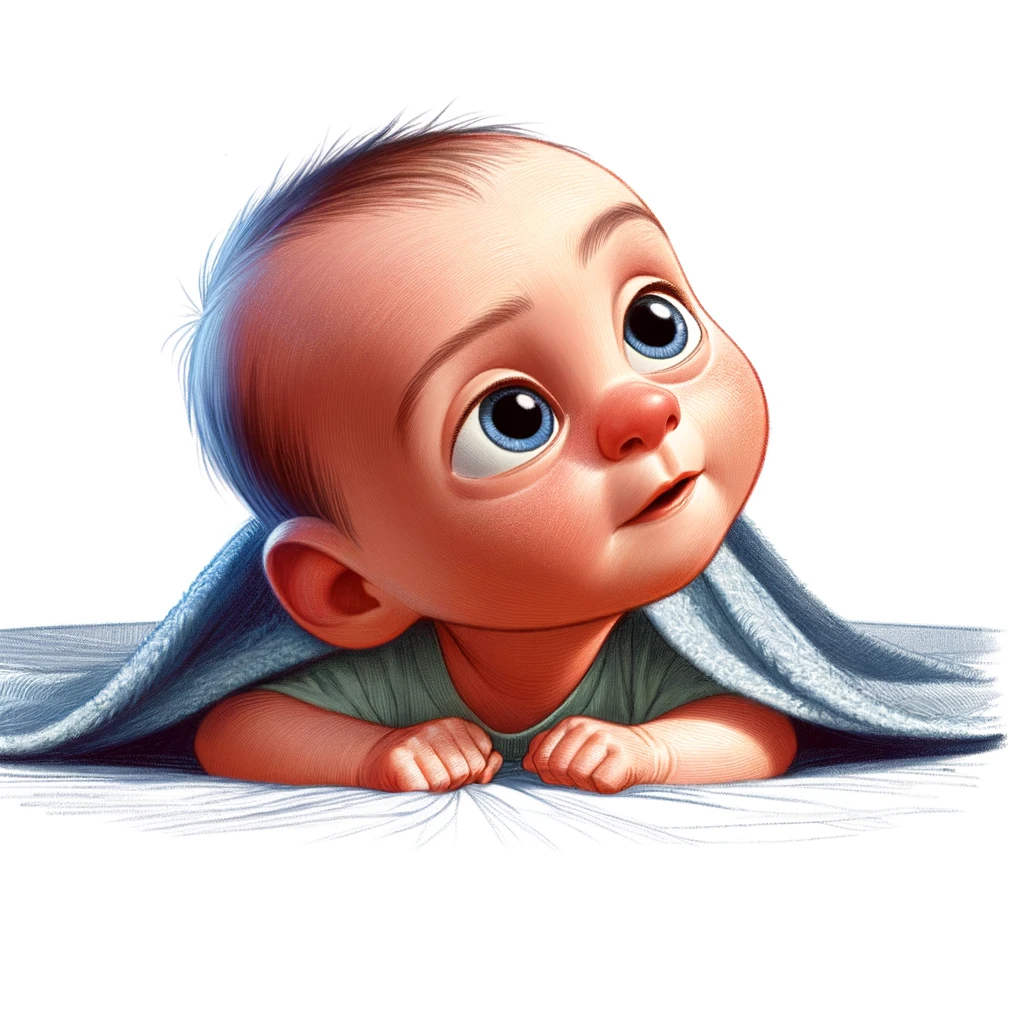
Physical Development: Your baby will begin to have stronger neck muscles and can slightly lift their head when lying on their stomach. They’ll also start to move their arms and legs more smoothly.
Cognitive Development: Babies start to pay more attention to faces and can recognize their parents. They begin to follow objects with their eyes and respond to sounds by turning their head.
Emotional Development: Real smiles begin to emerge, especially in response to familiar faces, marking an important milestone in social development.
Baby Development Milestones: Month 3
Physical Development: Your baby can now lift their head and chest more confidently during tummy time. They might also open and close their hands, swipe at dangling objects, and grasp toys.
Cognitive Development: Babies will show excitement at new sounds and may start to babble, cooing and gurgling in response to what they hear or see.
Emotional Development: This is when your baby starts to enjoy playtime more and might cry when play stops, showing early emotional attachments and preferences.
Baby Development Milestones: Month 4
Physical Development: Rolling over from tummy to back may happen around this time. Your baby’s hand-eye coordination improves, allowing them to grasp toys with more precision.
Cognitive Development: They will be fascinated by mirrors and may respond to affection and smiles with joy. Expect lots of babbling and mimicry of sounds.
Emotional Development: Babies begin to develop a stronger sense of social awareness, responding differently to strangers than to familiar people.
Baby Development Milestones: Month 5
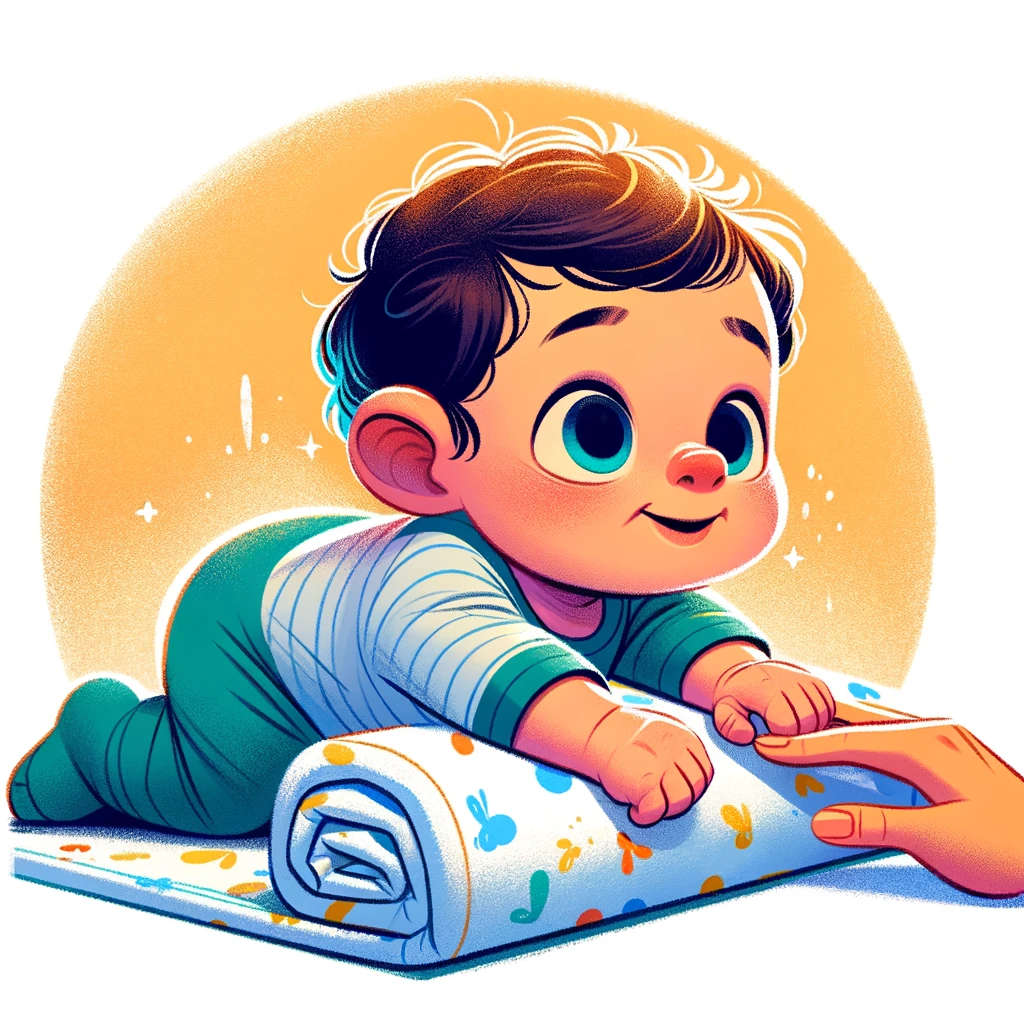
Physical Development: Your baby is becoming more active, showing greater control over movements, and may start to roll over in both directions.
Cognitive Development: They can now distinguish between bold colors and show a preference for complex shapes and patterns.
Emotional Development: Emotional expressions become more varied, and your baby may start to develop a sense of humor, laughing at playful interactions.
Baby Development Milestones: Month 6
Physical Development: Sitting up with support becomes possible, and some babies might start experimenting with moving on all fours, gearing up for crawling.
Cognitive Development: Your baby may start to show an understanding of basic cause and effect, such as dropping a toy and expecting it to fall.
Emotional Development: They can show clear joy or displeasure at the start or end of different activities, indicating more complex emotional responses.
Baby Development Milestones: Month 7
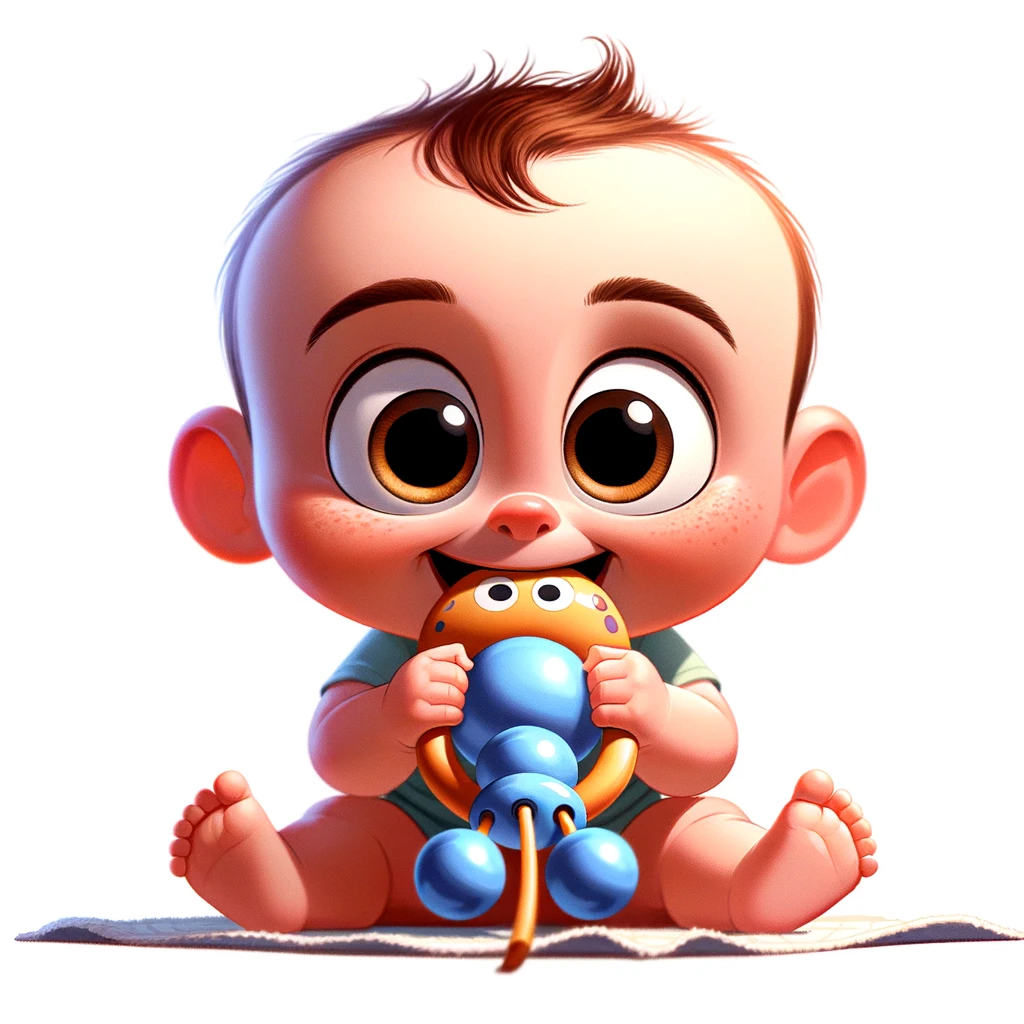
Physical Development: Crawling may begin for some babies, while others may adopt different methods of moving like rolling or scooting. Fine motor skills improve, allowing for better hand-to-mouth coordination.
Cognitive Development: Babies start to respond to their own name and understand basic verbal requests from familiar adults.
Emotional Development: Separation anxiety can start to develop, showing a strong attachment to parents and primary caregivers.
Baby Development Milestones: Month 8
Physical Development: Many babies are now sitting up unaided and exploring their environment more actively. They may pull themselves to stand or take assisted steps.
Cognitive Development: Object permanence develops, meaning your baby understands that things continue to exist even when they can’t see them.
Emotional Development: Babies show preferences for certain toys and people, and may start to express fear in new situations or with unfamiliar people.
Baby Development Milestones: Month 9
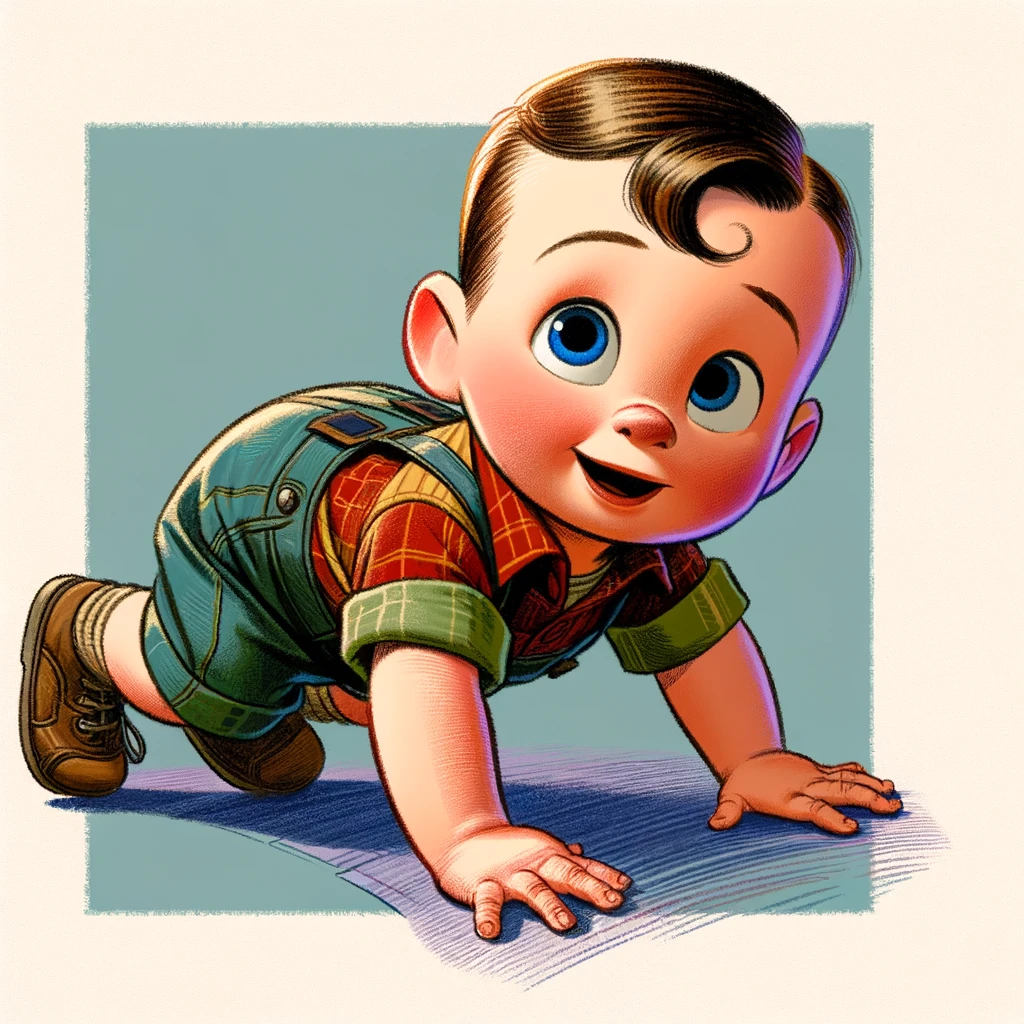
Physical Development: Your baby might start to stand holding on to furniture and possibly attempt to walk while holding onto objects. Fine motor skills continue to develop, allowing for more deliberate actions with toys.
Cognitive Development: They begin to use objects correctly, like holding a phone to their ear or babbling in imitation of real conversation.
Emotional Development: Your baby may become more assertive in their desires, showing frustration if they can’t reach a toy or if a playtime ends prematurely.
Baby Development Milestones: Month 10
Physical Development: Improved balance and coordination might enable your baby to stand briefly without support. They might also start to understand simple gestures, like waving goodbye.
Cognitive Development: Problem-solving skills emerge, and your baby may try different approaches to get what they want, such as reaching for a toy with a tool.
Emotional Development: They begin to show empathy, responding to the emotions of others, and may exhibit shyness or anxiety around strangers.
Baby Development Milestones: Month 11
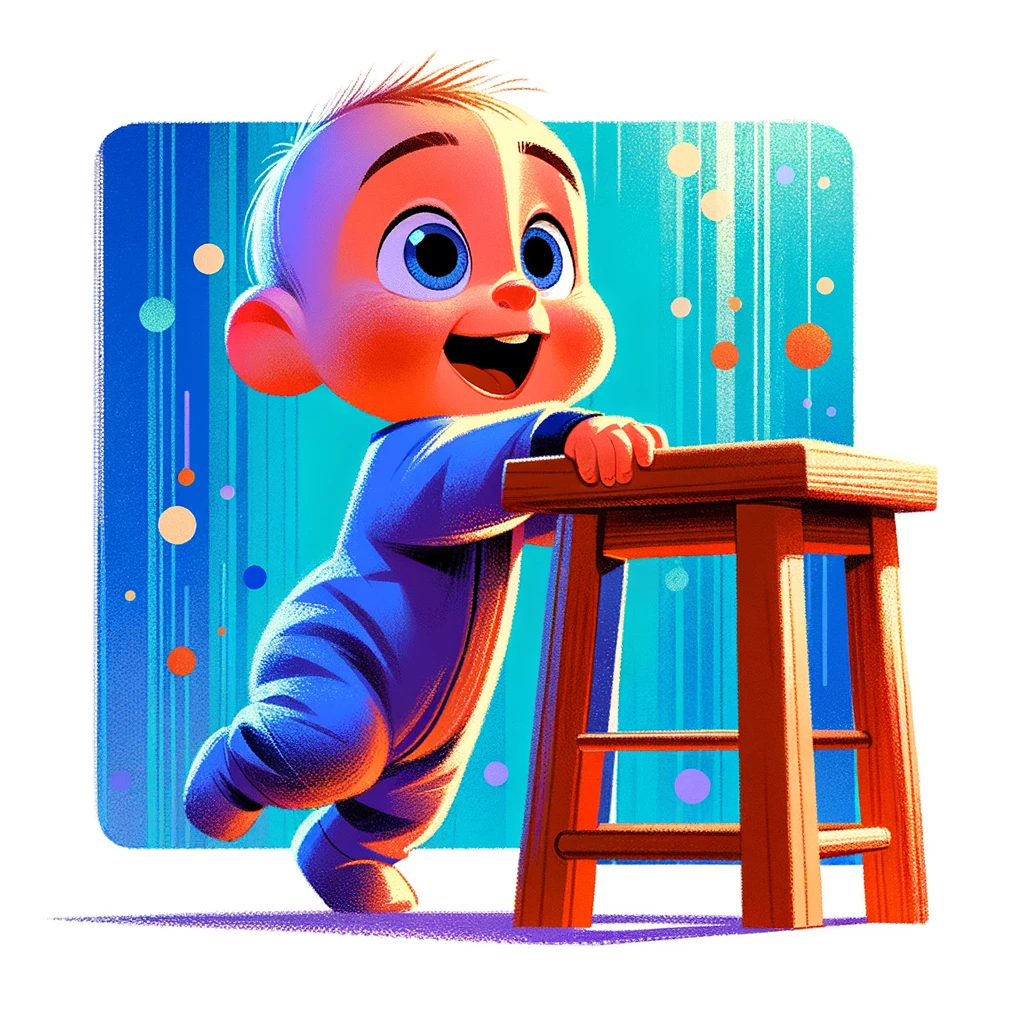
Physical Development: Many babies are now cruising along furniture and may take their first unsupported steps. They can also grasp small objects between thumb and forefinger.
Cognitive Development: Your baby’s understanding of the world expands, and they might mimic daily activities, such as pretending to talk on the phone or stirring a pot.
Emotional Development: Independence starts to emerge, but so does frustration when they can’t do things on their own or communicate their needs effectively.
Baby Development Milestones: Month 12
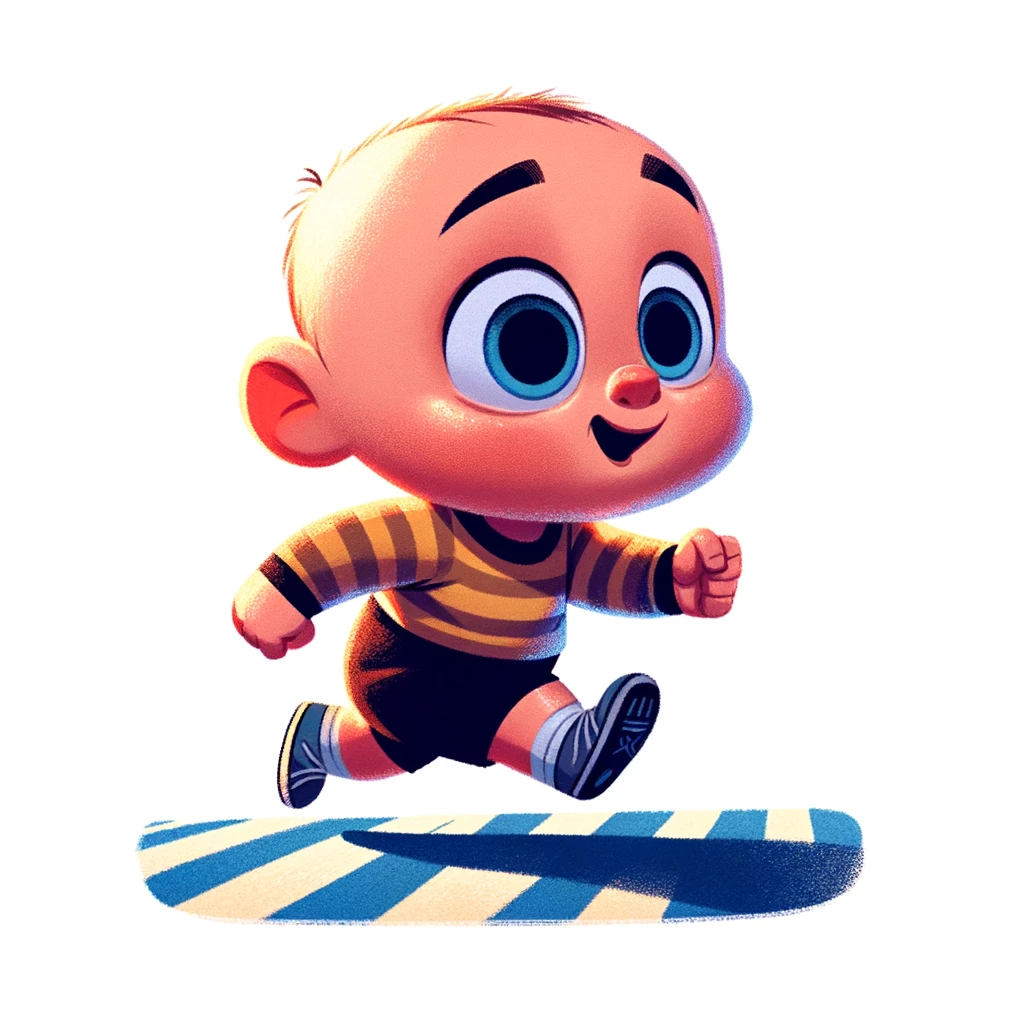
Physical Development: Walking is the major milestone this month, with many babies taking their first independent steps. Fine motor skills are refined, allowing for more precise movements.
Cognitive Development: Babies at this stage begin to follow simple instructions, recognize familiar words, and may even say a few words themselves.
Emotional Development: Your baby will show clear preferences and may have favorite toys or people. They begin to test limits and express a wider range of emotions.
Conclusion
The first year of your baby’s life is filled with incredible growth and change. Remember, baby development milestones can vary greatly from one child to another. It’s important to celebrate your baby’s progress and provide a nurturing environment that supports their development. If you have any concerns about your baby’s development, consult with a pediatrician for personalized advice and support. Enjoy this special time with your baby, as each milestone is a step towards their bright future.
You can read also
10 Fun Toddler Activities and Games You Can Do at Home
Search and compare the best nurseries near you at our directory.